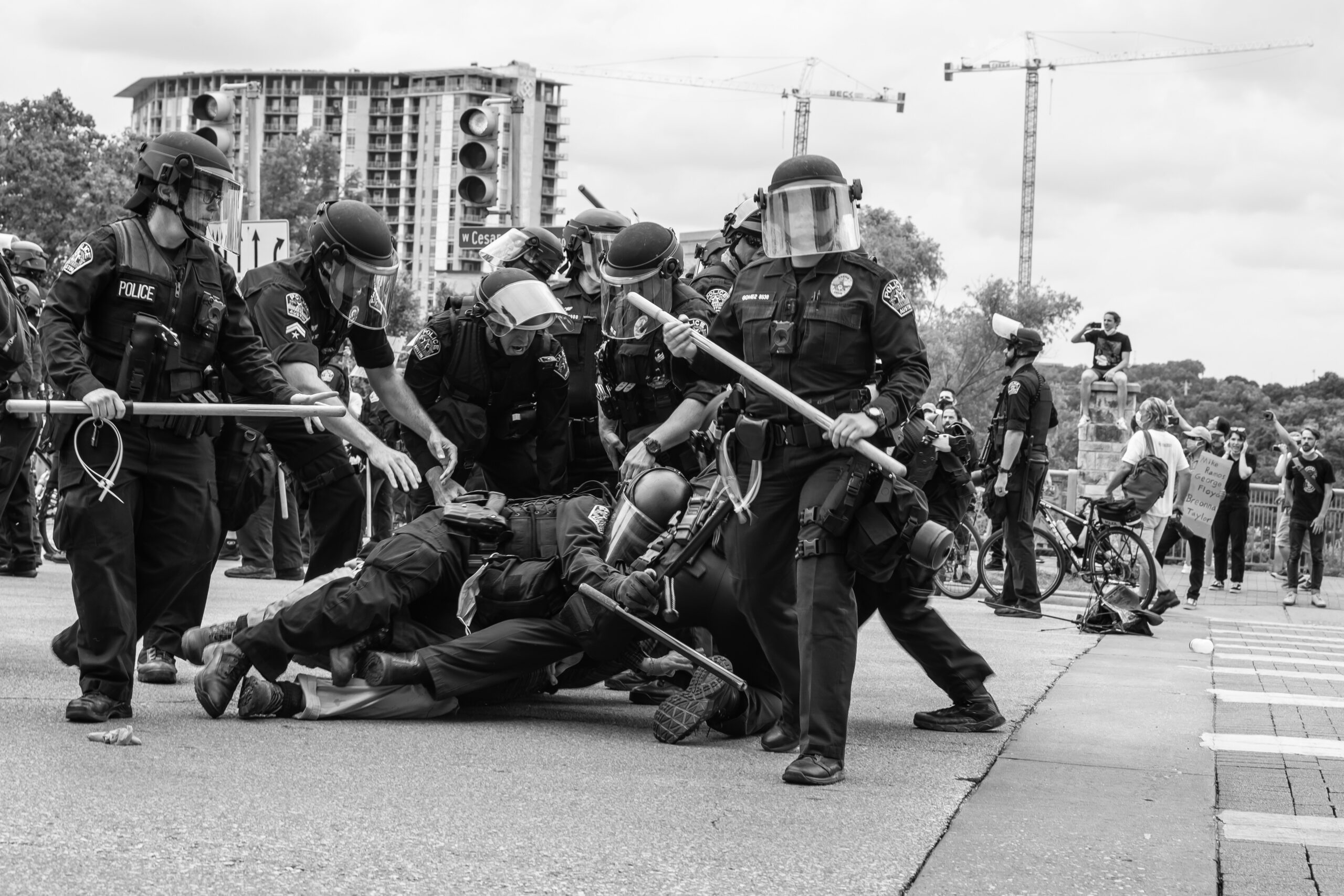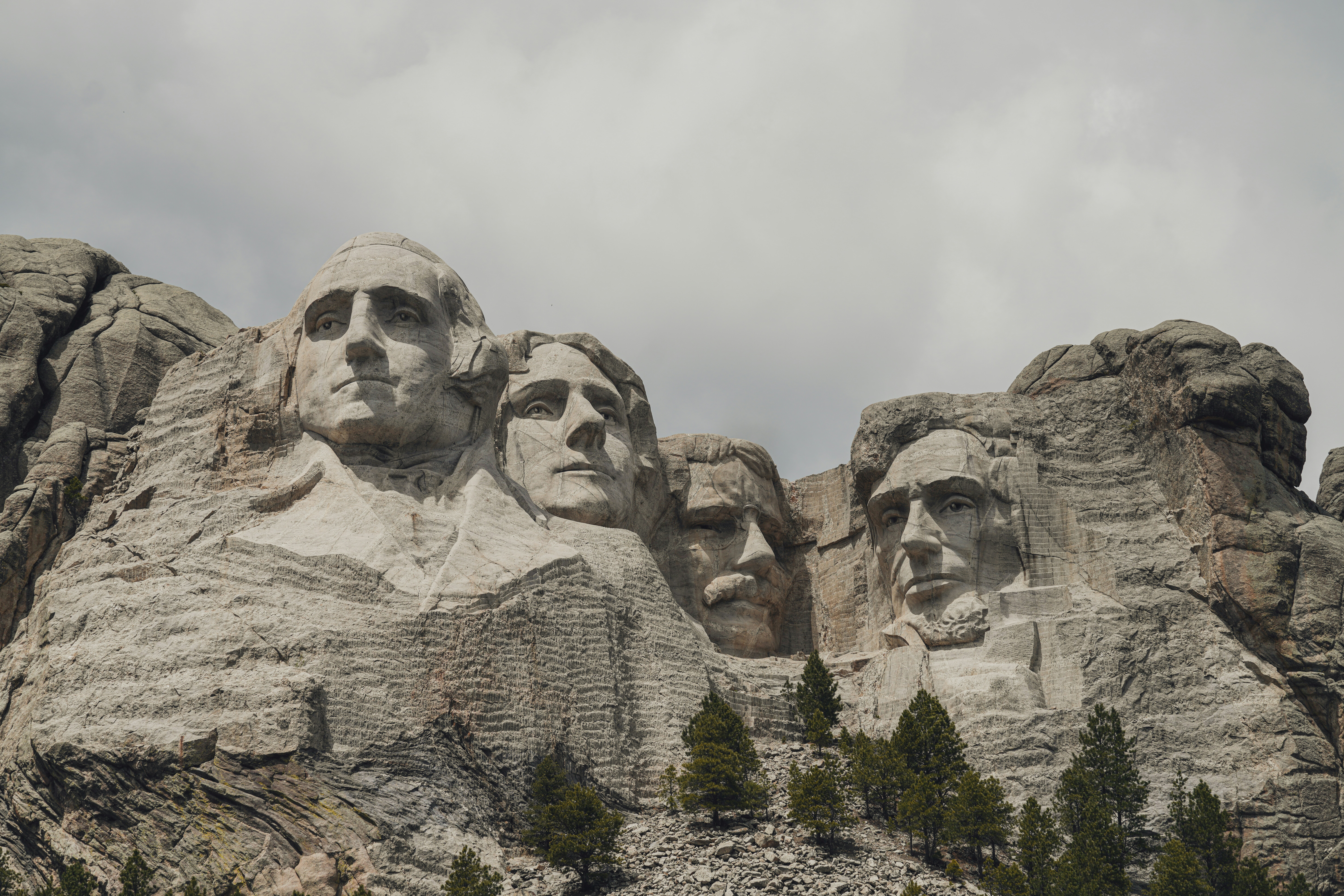America’s best leaders have long understood the importance of bipartisanship and collaboration across party lines to address the nation’s challenges. Here are 10 quotes from distinguished individuals on bipartisanship.?
The Quotes
- George Washington, 1st President of the United States
“I was no party man myself, and the first wish of my heart was, if parties did exist, to reconcile them.”
— Washington to Thomas Jefferson, 1796
Washington, our first president, was against the formation of political parties entirely—he saw them as a threat to national unity. While parties are now deeply ingrained in American democracy, his warning reminds us that their purpose should be to serve the country, not just themselves. True leadership means working across divisions, not deepening them.
- John F. Kennedy, 35th President of the United States
“Let us not seek the Republican answer or the Democratic answer, but the right answer.”
— Address at Loyola College Alumni Banquet, 1958.
JFK’s challenge to seek the “right answer” instead of a partisan one speaks to the best of American politics—when leaders rise above party lines to do what’s needed. Major moments in history, from civil rights legislation to bipartisan infrastructure deals, show that solutions often come when leaders prioritize progress over party loyalty.
- Abraham Lincoln, 16th President of the United States
“A house divided against itself cannot stand.”
— Speech in Springfield, Illinois, 1858.
Lincoln’s warning about a “house divided” still holds weight. Political division isn’t new, but when disagreement turns into refusal to govern together, democracy struggles. The country has faced deep divides before—Civil War, Vietnam, the Civil Rights Movement—but has preserved with enough people willing to bridge those divides.
- Martin Luther King Jr., Civil Rights Activist
“We must learn to live together as brothers or perish together as fools.”
— Speech in St. Louis, 1964.
King understood that unity isn’t passive—it’s something people have to work toward. His push for civil rights brought together people from different backgrounds and political beliefs, proving that common cause can overcome division. That lesson applies today, where bipartisan efforts, though rare, are still possible when leaders choose cooperation over conflict.
- Benjamin Franklin, Founding Father
“We must, indeed, all hang together, or most assuredly we shall all hang separately.”
— At the signing of the Declaration of Independence, 1776.
Franklin captures the spirit of unity that was part of the nation’s founding. His quote reflects the need to collaborate and have shared purpose in times of division, just like in governance. It translates well to a message about the need for ongoing cooperation in politics. - Dwight D. Eisenhower, 34th President of the United States
“People talk about the middle of the road as though it were unacceptable. Actually, all human problems, excepting morals, come into the gray areas. Things are not all black and white. There have to be compromises.”
— Press conference, 1956.
Eisenhower was a Republican president with wide bipartisan appeal who championed a practical approach to leadership. He worked toward promoting compromise without dividing along partisan lines. His solution-oriented style of leadership fits well even in modern times to make progress. - Henry Kissinger, Secretary of State under Nixon
“Our greatest foreign policy need is national cohesion and a return to the awareness that in foreign policy we are all engaged in a common national endeavor.”
— Address in Boston, 1976.
Kissinger’s belief is that national security and international leadership require a united front, and history has shown that when the U.S. presents one—whether in Cold War diplomacy or global health initiatives—it strengthens the country’s position in the world.
- John McCain, Former Senator for Arizona
“Stop listening to the bombastic loudmouths on the radio and television and the internet….our incapacity is their livelihood. There’s greater satisfaction in respecting our differences, but not letting them prevent our agreements. What have we to lose in trying to work together to find those solutions? We’re not getting much done apart.”
— The Restless Wave: Good Times, Just Causes, Great Fights, and Other Appreciations, 2018.
McCain’s frustration with hyper-partisanship was matched by his belief that working together is possible. His decades-long friendships and collaborations with leaders across the aisle prove that political differences don’t have to mean personal animosity—or inaction. His words are a challenge to today’s leaders to focus on solutions, not divisions.
- Theodore Roosevelt, 26th President of the United States
“The most practical kind of politics is the politics of decency.”
— Speech in New York, 1900.
Roosevelt’s call for “politics of decency” talks of an America that many still hold in recent memory. One where lawmakers could argue on the floor and shake hands afterward, when political opponents saw each other as colleagues rather than enemies. Today, partisan theatrics often overshadow governing, from jeers during the State of the Union to extreme gridlock on the Hill. Roosevelt’s words challenge today’s leaders to bring back a sense of respect and purpose—to debate fiercely but govern responsibly. - James Madison, 4th President of the United States
“The spirit of party… is itself a spirit of faction: and that spirit, unfortunately, is inseparable from our public councils, and is productive of the same mischiefs which have been imputed to the love of power.”
— The Federalist Papers, No. 10, 1787.
As a key architect of the Constitution, Madison often spoke about the dangers of factionalism. He warns of the risks of excessive partisanship here which can undermine governance, hinting at the need to even work with your enemies at times.
These quotes from esteemed leaders underscore the enduring importance of bipartisanship. They remind us that through collaboration, mutual respect, and a focus on common goals, we can achieve greater progress and unity.?




